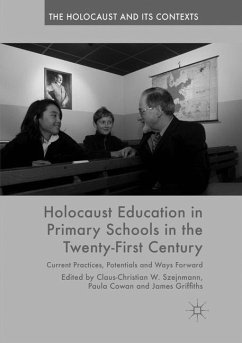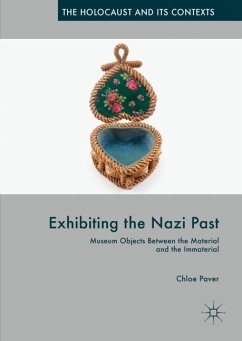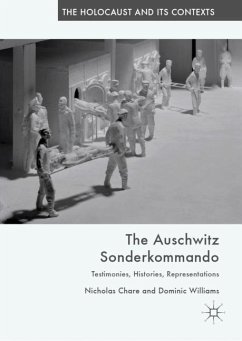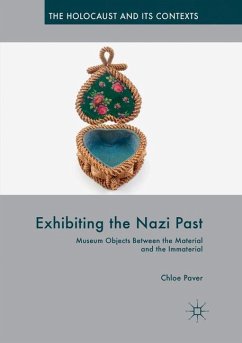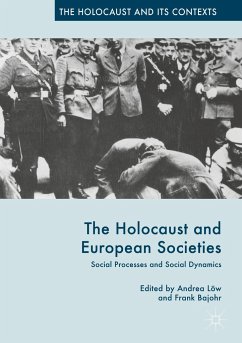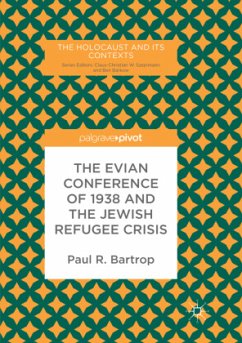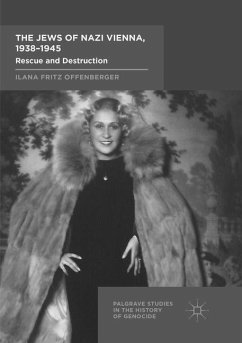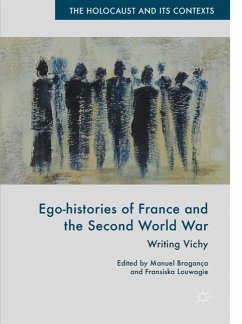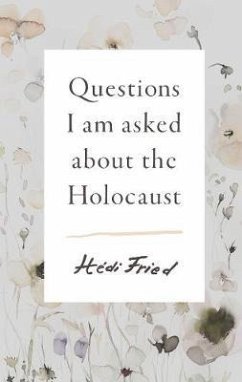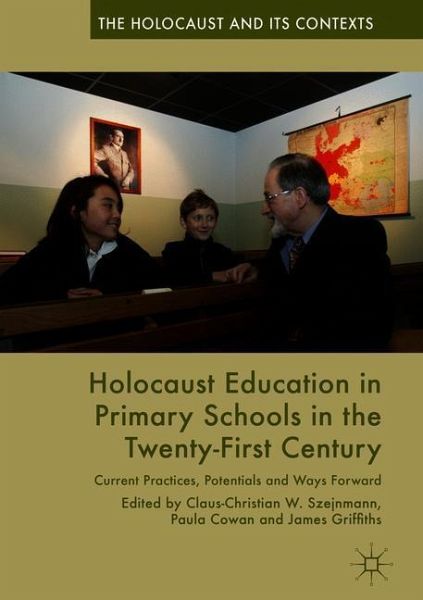
Holocaust Education in Primary Schools in the Twenty-First Century
Current Practices, Potentials and Ways Forward
Herausgegeben: Szejnmann, Claus-Christian W.; Cowan, Paula; Griffiths, James

PAYBACK Punkte
42 °P sammeln!
This collection is the first of its kind, bringing together Holocaust educational researchers as well as school and museum educators from across the globe, to discuss the potentials of Holocaust education in relation to primary school children. Its contributors are from countries that have a unique relationship with the Holocaust, such as Germany, Israel, neutral Switzerland, and Allied countries outside the UK. Their research provides new insight into the diverse ways in which primary aged students engage with Holocaust education. Chapters explore the impact of teaching the Holocaust to this ...
This collection is the first of its kind, bringing together Holocaust educational researchers as well as school and museum educators from across the globe, to discuss the potentials of Holocaust education in relation to primary school children. Its contributors are from countries that have a unique relationship with the Holocaust, such as Germany, Israel, neutral Switzerland, and Allied countries outside the UK. Their research provides new insight into the diverse ways in which primary aged students engage with Holocaust education. Chapters explore the impact of teaching the Holocaust to this age group, school and museum teaching pedagogies, and primary students' perspectives of the Holocaust. This book will appeal to school and museum educators of primary aged students whose work requires them to teach the Holocaust, Citizenship (or Civics) or Human Rights Education. Since the turn of the twenty-first century there has been a transformation in school and museum-based Holocaust education. This book clearly demonstrates that primary education has been included in this transformation.





